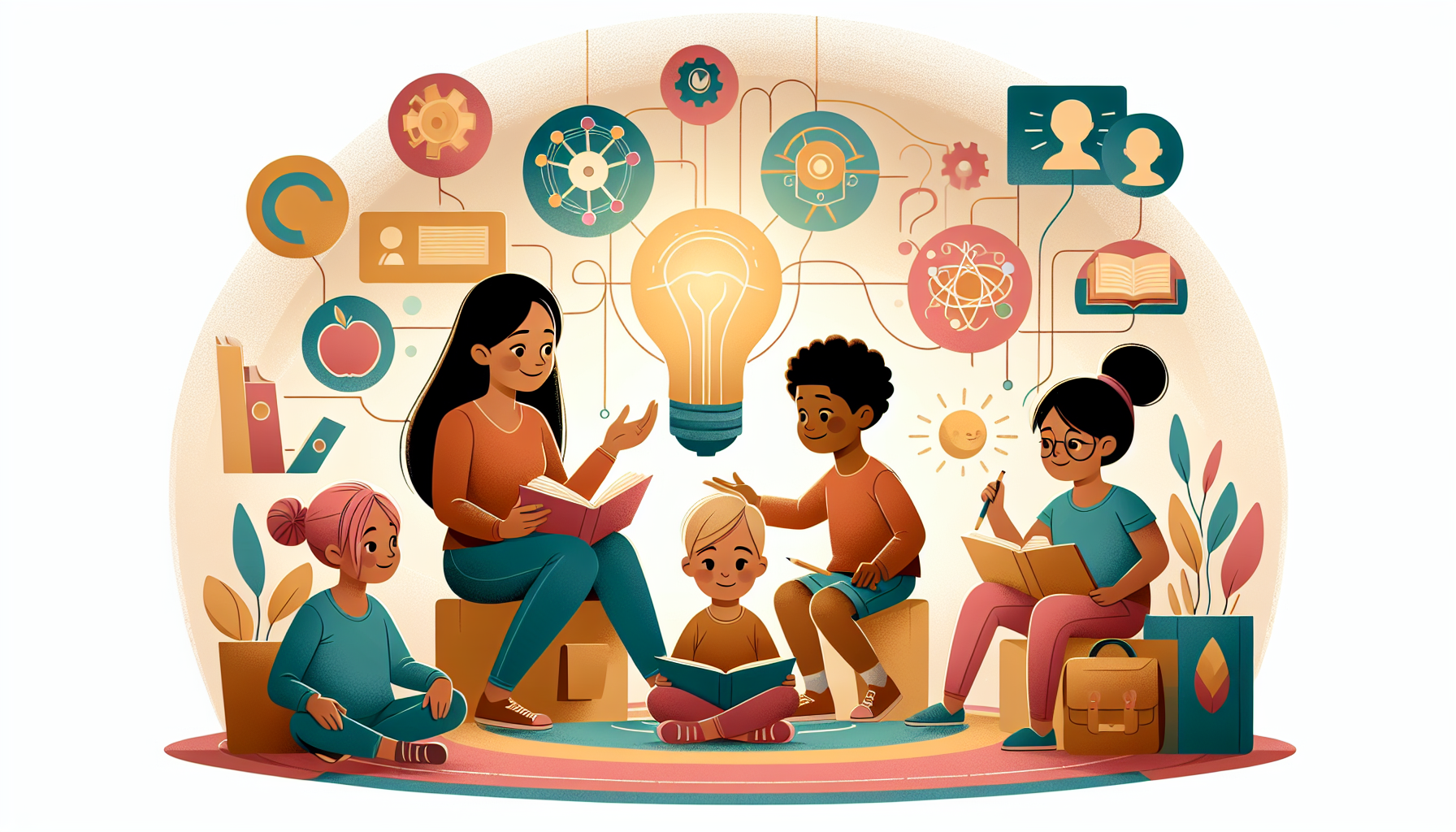“`html
Encouraging Children to Develop a Love for Learning
Introduction
As parents, one of the most valuable gifts we can offer our children is a lifelong love for learning. This intrinsic motivation to explore, discover, and grow not only sets the foundation for academic success but also fosters curiosity, resilience, and a deeper understanding of the world. Yet, in an age of distractions and academic pressures, nurturing this love can feel like a daunting task.
In this article, we’ll explore effective parenting strategies to encourage educational development in children. By addressing core psychological needs like autonomy, self-expression, and a sense of safety, parents can inspire their children to embrace learning with enthusiasm and confidence.
Main Points
The Importance of a Love for Learning
A love for learning is more than just excelling in school; it’s about cultivating a mindset that values growth and continuous improvement. Research shows that children who enjoy learning are more likely to develop critical thinking skills, adaptability, and emotional intelligence—all essential for success in life.
According to principles of cognitive-behavioral therapy (CBT), fostering a positive learning environment helps meet children’s psychological needs. When children feel safe, autonomous, and valued, they are more likely to engage in the learning process with curiosity and creativity.
Understanding Psychological Needs
- Safety: Children need to feel emotionally and physically secure to explore new ideas without fear of failure.
- Autonomy: Allowing children to make choices in their learning empowers them to take ownership of their education.
- Self-expression: Encouraging creativity and individuality helps children connect with the material on a personal level.
Barriers to Educational Development
Despite a parent’s best intentions, certain barriers can hinder a child’s love for learning. For instance, excessive academic pressures, fear of failure, or a lack of engagement can diminish a child’s motivation. Understanding these barriers allows parents to address them proactively.
Practical Recommendations
Below are actionable strategies to help parents nurture a love for learning in their children:
1. Create a Positive Learning Environment
- Designate a quiet, comfortable space for studying and exploring new interests.
- Praise effort over results to reinforce a growth mindset. For example, instead of saying, “You’re so smart,” say, “I’m proud of how hard you worked on this.”
2. Encourage Curiosity
Answer your child’s questions thoughtfully and encourage them to ask more. You can also introduce them to new topics through books, documentaries, or interactive activities. For example, exploring science experiments at home can spark their curiosity about the natural world.
3. Let Them Lead
Give your child the autonomy to choose activities or subjects they are passionate about. Whether it’s art, coding, or sports, supporting their interests shows that you value their individuality. This sense of ownership boosts their motivation to learn.
4. Connect Learning to Real Life
Help your child see the relevance of what they’re learning. For instance, cooking together can teach math (measurements), science (chemical reactions), and even history (the origins of certain recipes). Making these connections makes learning tangible and exciting.
5. Foster Emotional Resilience
Teach your child that mistakes are a natural part of learning. Celebrate their progress rather than perfection. You can say, “It’s okay to get it wrong; every mistake is a step closer to understanding.”
Conclusion
Encouraging children to develop a love for learning is an investment in their future happiness and success. By creating a supportive environment, fostering curiosity, and allowing for autonomy, parents can instill a passion for discovery that lasts a lifetime. Remember, the goal isn’t perfection but progress—both for you as a parent and for your child as they grow.
For more insights on parenting strategies and educational development, explore our resources. Together, we can help our children thrive academically, emotionally, and socially.
“`

